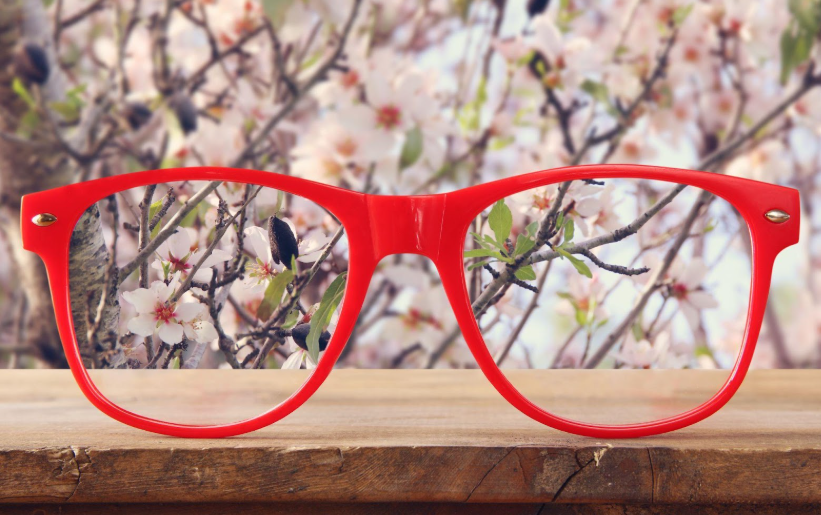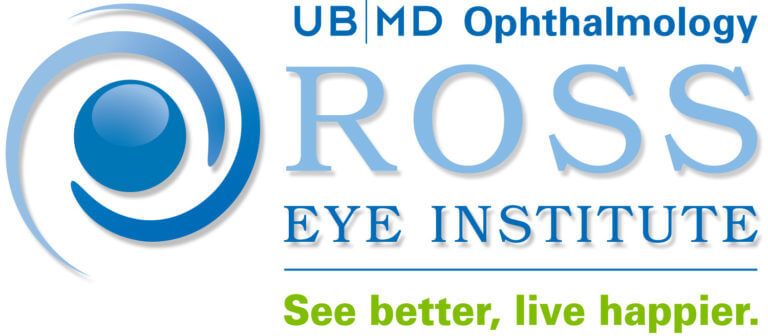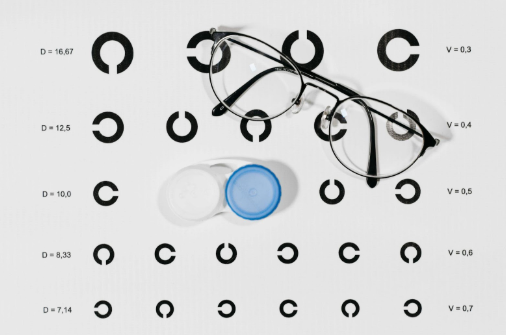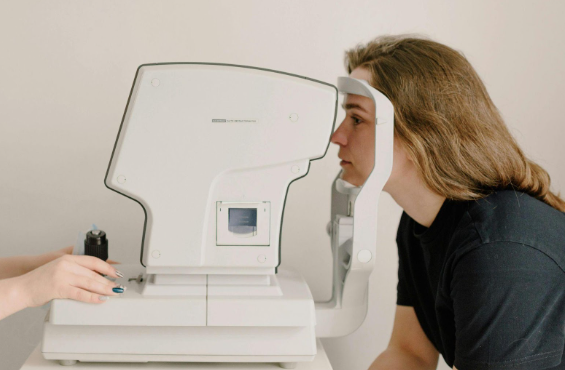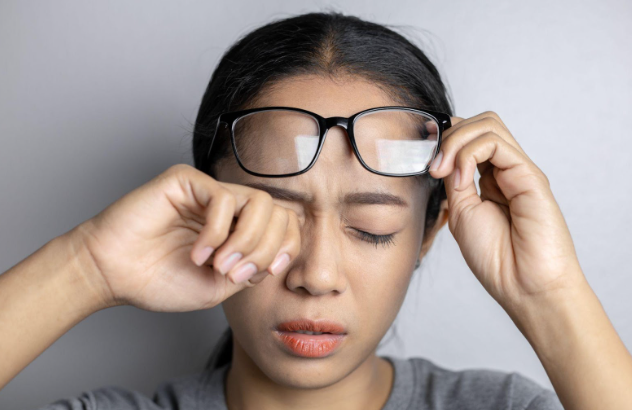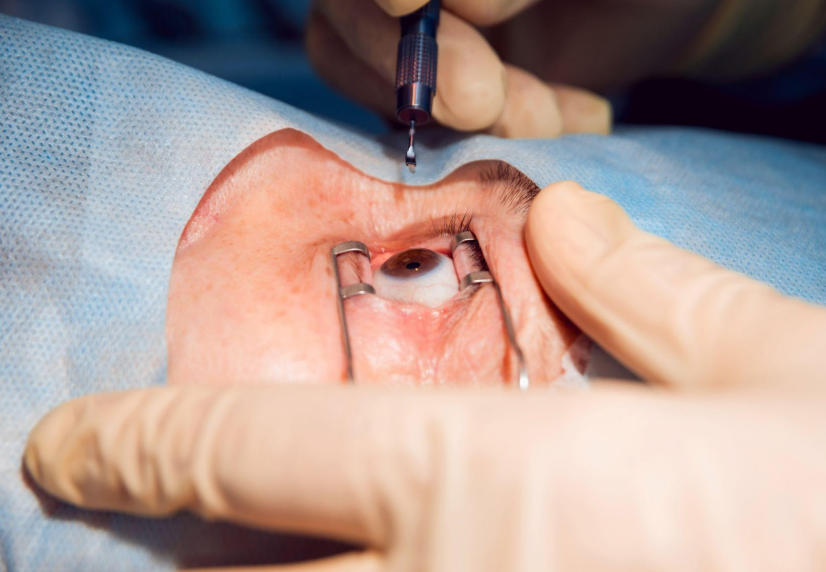Caring for Our Eye Health as We Age
Caring for Our Eye Health as We Age

We often take our vision for granted—until something begins to change. As we age, our eyes go through natural transformations, and it becomes increasingly important to take steps to protect our sight. Maintaining healthy vision not only impacts how we see but also affects our independence, safety, and overall quality of life.
At Ross Eye Institute, we understand that clear vision is essential for living well at every stage of life. Here’s what you need to know about how aging affects your eyes, what to watch for, and how to keep your vision strong and healthy.
Why Aging Affects the Eyes
Just like the rest of your body, your eyes experience wear and tear over time. Age-related changes can impact how well your eyes function, how they adapt to light, and how quickly they focus.
Common changes include:
- Presbyopia: The lens inside the eye becomes less flexible, making it harder to focus on close objects. Many people notice this in their 40s when they start needing reading glasses.
- Decreased tear production: Tear glands produce fewer tears, leading to dryness, irritation, and discomfort.
- Changes in pupil size: The pupils become smaller and respond more slowly to light, which can make it harder to see in dim environments.
- Weaker eye muscles: This can cause fatigue or difficulty maintaining focus for long periods, especially when reading or using digital devices.
While these changes are normal, some can signal the early stages of an eye condition that needs professional care.
Common Age-Related Eye Conditions
Several eye diseases become more common as we age. Knowing what to look for can help you catch them early, when treatment is most effective.
1. Cataracts
A cataract occurs when the normally clear lens of your eye becomes cloudy. Symptoms include blurry vision, glare from lights, and difficulty seeing at night. Cataracts develop gradually but can be treated successfully with surgery when vision is affected.
2. Glaucoma
Known as the “silent thief of sight,” glaucoma damages the optic nerve, often without noticeable symptoms until vision loss occurs. Regular eye exams are crucial for early detection because glaucoma can be managed effectively if caught early.
3. Age-Related Macular Degeneration (AMD)
AMD affects the central part of the retina (the macula), which is responsible for sharp, detailed vision. It can make reading, driving, and recognizing faces difficult. Early detection and treatment can slow its progression and help preserve vision.
4. Diabetic Retinopathy
People with diabetes are at risk for this condition, which occurs when high blood sugar damages blood vessels in the retina. Regular eye exams and good diabetes control can prevent serious vision loss.
5. Dry Eye Syndrome
Dry eye is common as we age, especially for those who spend a lot of time in front of screens or in dry environments. It causes itching, burning, and sensitivity to light. Treatments include artificial tears, prescription eye drops, and lifestyle adjustments.
Practical Steps to Protect Your Eyes
While we can’t stop aging, we can take steps to slow its effects and protect our vision.
1. Schedule Regular Eye Exams
Even if your vision seems fine, comprehensive eye exams can detect problems before symptoms appear. Adults over 60 should have an exam at least once a year—or more often if they have diabetes, high blood pressure, or a family history of eye disease.
2. Eat a Nutrient-Rich Diet
What you eat plays a big role in eye health. Include foods rich in:
- Omega-3 fatty acids (salmon, tuna, walnuts) for tear production and retinal health.
- Vitamins A, C, and E (carrots, leafy greens, citrus fruits, nuts) to protect against oxidative stress.
- Lutein and zeaxanthin (spinach, kale, eggs) to help prevent macular degeneration.
3. Protect Your Eyes from UV Light
Wear sunglasses that block 100% of UVA and UVB rays whenever you’re outdoors. Long-term exposure to sunlight can increase the risk of cataracts and macular degeneration. A wide-brimmed hat adds extra protection.
4. Manage Chronic Conditions
Conditions like diabetes, hypertension, and high cholesterol can damage the delicate blood vessels in your eyes. Work with your healthcare provider to manage these conditions and keep them under control.
5. Quit Smoking
Smoking increases your risk of cataracts, macular degeneration, and optic nerve damage. Quitting smoking is one of the best things you can do for your eyes and your overall health.
6. Practice Healthy Screen Habits
Digital eye strain can cause dryness, fatigue, and headaches. Follow the 20-20-20 rule: every 20 minutes, look at something 20 feet away for at least 20 seconds. Adjust lighting and take regular breaks to rest your eyes.
7. Stay Physically Active
Exercise improves blood flow throughout the body—including to the eyes. Regular physical activity helps lower pressure inside the eyes and reduces the risk of glaucoma and other diseases linked to poor circulation.
Recognizing When to See an Eye Doctor
While regular checkups are essential, it’s important to see your eye doctor right away if you notice:
- Sudden vision loss or blurred vision.
- Flashes of light or new floaters.
- Eye pain or redness that doesn’t go away.
- Difficulty seeing at night.
- Changes in color perception or glare sensitivity.
Early detection can often prevent or slow vision loss. Never ignore sudden or significant changes in your vision—these may indicate a medical emergency.
How Ross Eye Institute Can Help
At Ross Eye Institute, our team provides comprehensive care for patients of all ages—from routine exams to advanced treatments for eye diseases. Our specialists diagnose, monitor, and treat conditions such as cataracts, glaucoma, macular degeneration, diabetic eye disease, and more.
We use advanced technology to ensure accurate diagnosis and customized treatment plans, and we take the time to educate every patient about their condition and options. Our mission is simple: to help you maintain a clear, healthy vision for life.
Final Thoughts
Caring for your eyes as you age is one of the most important investments you can make in your health and independence. Simple steps—like eating well, protecting your eyes from UV light, and scheduling regular eye exams—can make all the difference.
Your vision helps you experience the world, connect with loved ones, and enjoy the activities you love. Don’t wait until changes in your eyesight become noticeable to take action.
If it’s been a while since your last eye exam or you’ve noticed changes in your vision,
contact Ross Eye Institute today to
schedule an appointment. Our team is here to help you protect your sight and keep your eyes healthy for years to come.
